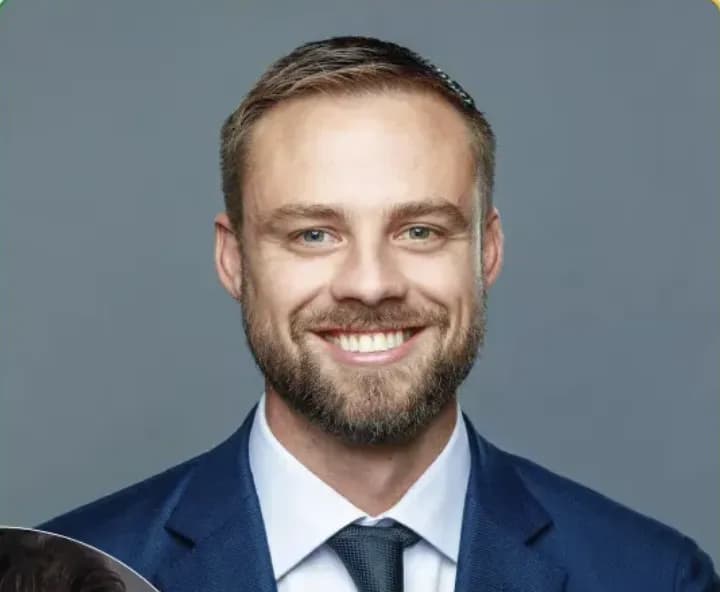Why the Pelicans Deferred the Lakers’ Final First-Round Pick to 2025

When the Los Angeles Lakers traded for Anthony Davis in 2019, they agreed to a complex set of draft picks, including an unprotected 2024 first-round pick. However, the New Orleans Pelicans included a unique stipulation allowing them to defer this pick to 2025 if they wished. Recently, the Pelicans officially decided to exercise this option, as confirmed by ESPN’s Adrian Wojnarowski. Here’s a closer look at why they made this strategic decision.
Understanding the Stipulation:
The stipulation to defer the pick was rooted in the Pelicans’ long-term strategy, crafted by David Griffin, their executive vice president of basketball operations. Griffin, having worked with LeBron James during his time in Cleveland, knew the importance of maximizing the value of assets. By including the deferral option, the Pelicans created a safety net, allowing them to wait for a potentially more valuable draft pick in 2025.
Current Draft Landscape:
The 2024 draft class is widely regarded as one of the weakest in recent memory. While this perception might change (as seen in 2013 when Giannis Antetokounmpo and Rudy Gobert emerged as stars), there are no clear franchise-changing prospects in sight. On the other hand, the 2025 draft class is already viewed favourably, featuring standout players like future Duke forward Cooper Flagg and potential stars Dylan Harper and Ace Bailey from Rutgers. Thus, a 2025 pick holds a significantly higher value than a 2024 pick.
The Lakers’ Future Prospects:
Another critical factor in the Pelicans’ decision is the uncertain future of the Lakers. The team has been increasingly reliant on ageing superstars LeBron James and Anthony Davis. With James turning 40 and Davis approaching 32, the likelihood of injuries and decreased performance looms large. The Western Conference is also highly competitive, with teams like the Memphis Grizzlies and Houston Rockets poised to improve. A potential decline in the Lakers’ performance could result in a higher draft pick in 2025, increasing its value for the Pelicans.
Financial Considerations:
The financial implications of deferring the pick are also significant. The Pelicans are nearing luxury tax territory and managing salary commitments is crucial. Delaying the draft pick to 2025 not only offers a chance for a better prospect but also postpones the financial burden of a rookie contract and subsequent extensions. This is especially important for a team like the Pelicans, who need to balance their roster and payroll carefully.
Strategic Benefits:
In summary, the decision to defer the Lakers’ pick to 2025 aligns with the Pelicans’ strategy of maximizing asset value while managing financial commitments. By doing so, they position themselves to potentially acquire a higher-value player in a stronger draft class and mitigate immediate financial pressures. This forward-thinking approach underscores the Pelicans’ commitment to building a sustainable and competitive team for the future.
As a result, the Lakers will retain the No. 17 pick in the 2024 draft, while the Pelicans will keep their No. 21 pick. Looking ahead to 2025, the Pelicans could end up with a far more valuable asset, enhancing their prospects and positioning in the NBA landscape.





